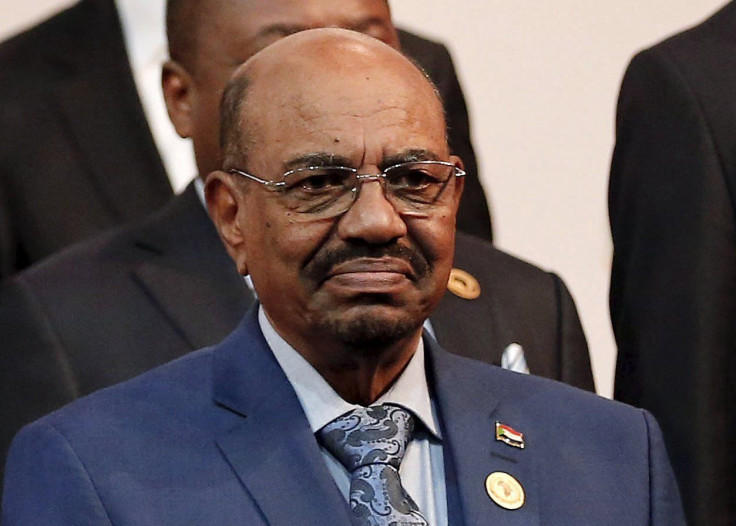South Africa Court Postpones Omar Al-Bashir Arrest Warrant Hearing After Sudanese President Barred From Leaving Country

Sudanese President Omar al-Bashir has left South Africa and is en route to Sudan’s capital, a Sudanese government official said. “The president finished his business in South Africa and is coming back home,” information minister Ahmed Bilal Osman told Bloomberg Business Sunday afternoon.
Al-Bashir has been attending an African Union summit in South Africa, which, as a signatory of the Rome Statute founding the ICC, is obligated to execute the court’s arrest warrants. The court, based in the Netherlands, reminded South Africa of its obligations ahead of the AU summit, requesting the nation’s government to “spare no effort” in arresting al-Bashir.
An estimated 300,000 people have been killed and 2 million displaced during the Darfur conflict, according to United Nations figures cited by the Associated Press.
The African National Congress, South Africa’s ruling party, struck a defiant tone before the summit, guaranteeing immunity for all participants. “It is on this basis, amongst others, that the ANC calls upon government to challenge the order now being brought to compel the South African government to detain President al-Bashir,” AP quoted the ANC as saying Sunday.
The possibility that South Africa would actually move to arrest Bashir has been dismissed by some. “He [al-Bashir] would be a fool if he had not sought guarantees he would not be transferred before leaving for South Africa,” an ICC official who requested anonymity told Reuters.
Sudan’s delegation at the summit signaled its lack of concern over the possibility of an arrest, with one Sudanese official telling Reuters, “We are all happy to be here. There’s no problem.”
But human-rights groups have warned South Africa’s government of the possible consequences of shirking its duties to the ICC and failing to execute its arrest warrant. “Allowing President al-Bashir into South Africa without arresting him would be a major stain on South Africa’s reputation for promoting justice for grave crimes,” said Elise Keppler of Human Rights Watch, the Guardian reported. “South Africa’s legal obligations as an ICC member mean cooperating in al-Bashir’s arrest, not in his travel plans.”
© Copyright IBTimes 2024. All rights reserved.






















